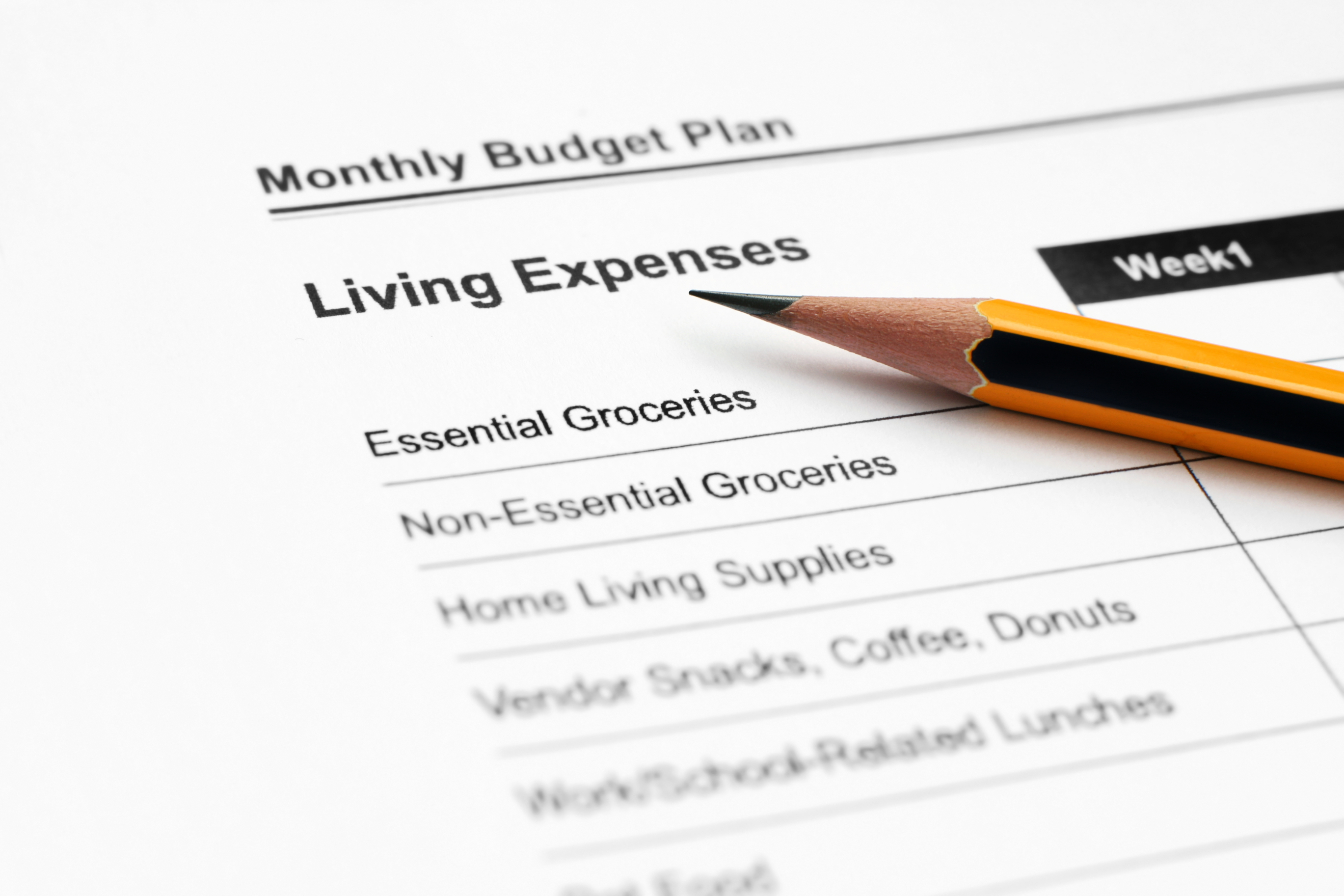Budgeting for Two Separate Households: Practical Strategies for Financial Stability
Written by Arbitrage • 2025-09-23 00:00:00

Managing one household budget can be challenging enough. Add a second household into the mix - whether because of divorce, co-parenting, relocation, or caring for a family member - and the complexity multiplies. The good news is that with structure, communication, and the right financial tools, it's possible to maintain stability across both homes without sacrificing long-term goals.
Understand the True Costs of Each Household
The first step is clarity. List all recurring expenses for both households: rent or mortgage, utilities, insurance, groceries, transportation, and childcare. Don't forget hidden costs such as streaming services, subscriptions, or seasonal expenses like back-to-school supplies. Once you have a complete picture, you can identify areas of overlap and potential savings.
Separate Fixed and Variable Expenses
Fixed expenses (rent, car payments, insurance) tend to remain steady, while variable ones (entertainment, dining out, clothing) fluctuate. By separating the two, you can prioritize what must be covered every month and create flexibility with the rest. This becomes even more important when you're juggling two budgets, since fixed costs can easily double.
Build Communication Into the Process
If two households share financial responsibilities (for example, in a co-parenting arrangement) communication is key. Use shared budgeting apps or a simple cloud spreadsheet to keep track of who pays for what. Clear agreements reduce the risk of misunderstandings and help both parties stay aligned with financial goals.
Prioritize Emergency Funds
When you're running two households, the risk of unexpected expenses is higher. Medical bills, home repairs, or job changes can impact either side. Make sure each household has its own emergency fund, ideally covering 3-6 months of expenses. This cushion helps reduce stress when life throws curveballs.
Keep Long-Term Goals in Sight
It's easy to get lost in the day-to-day management of two budgets, but retirement savings, education planning, and investments should not be neglected. Automating contributions - even small ones - ensures progress toward bigger goals continues. Remember, stability today lays the foundation for financial freedom tomorrow.
Final Thoughts
Budgeting for two separate households requires planning, honest communication, and flexibility. By understanding costs, separating expenses, and building safety nets, you can manage the present while safeguarding your financial future. No matter the reason behind maintaining two households, a disciplined budget empowers you to navigate the challenges with confidence.